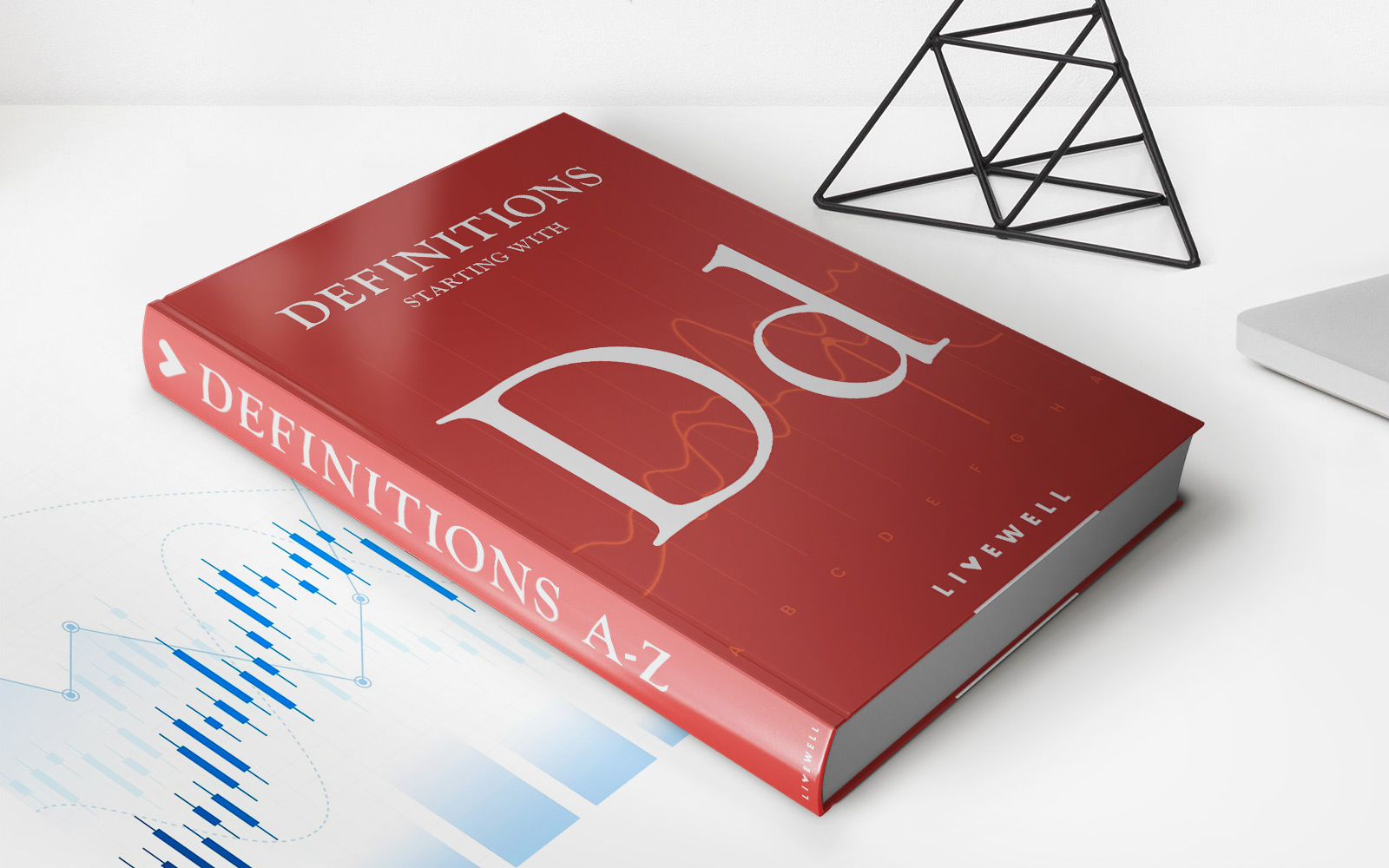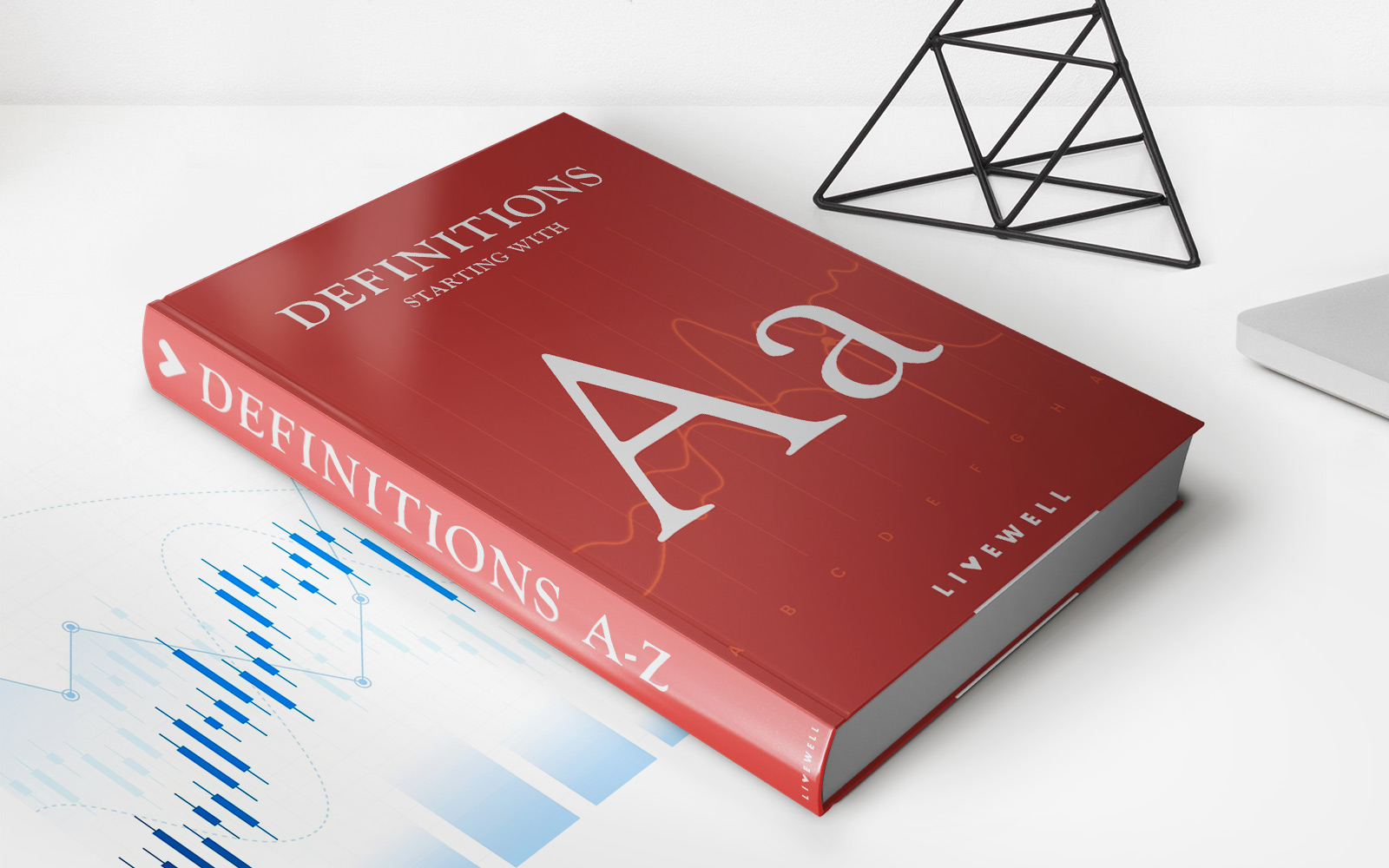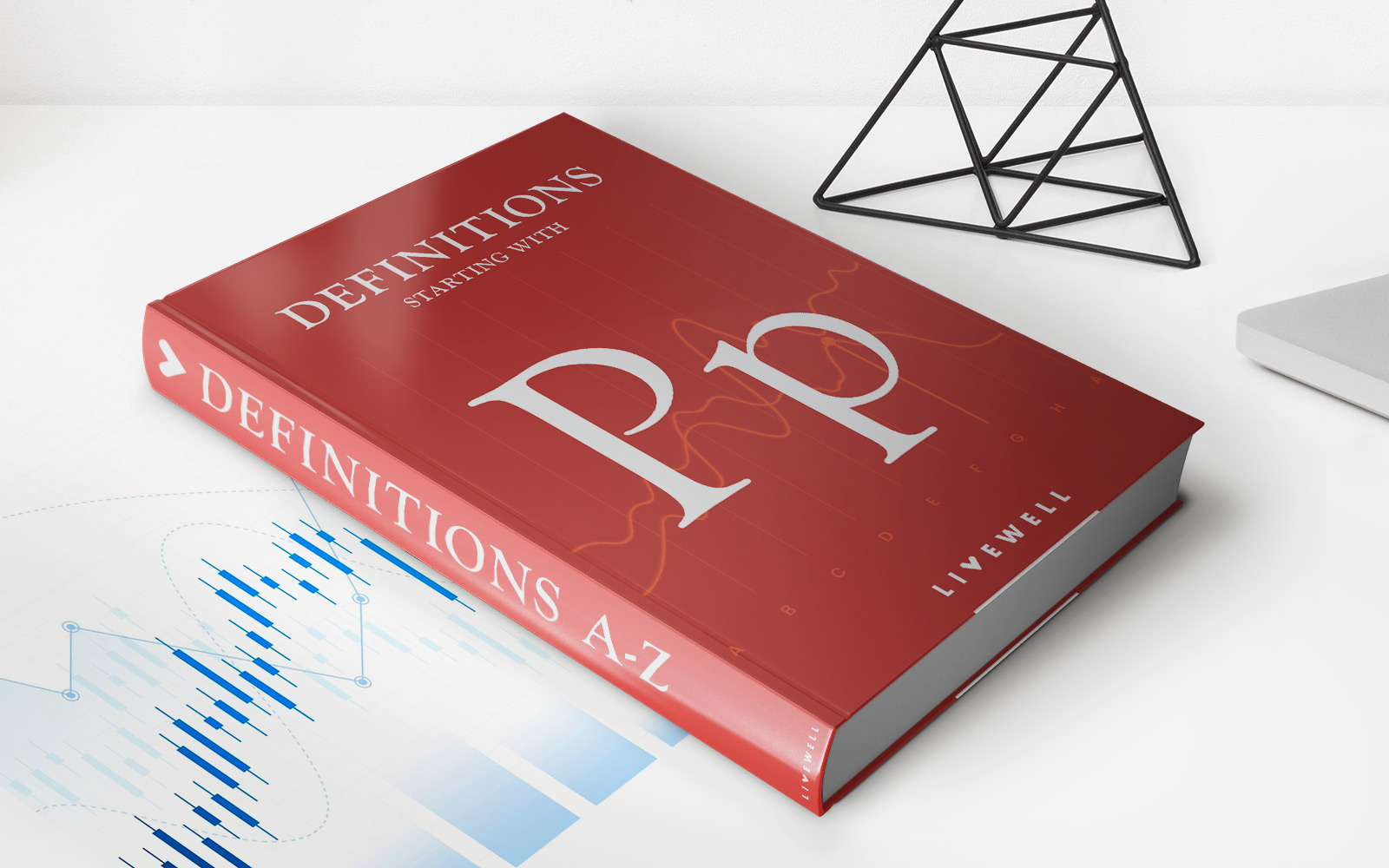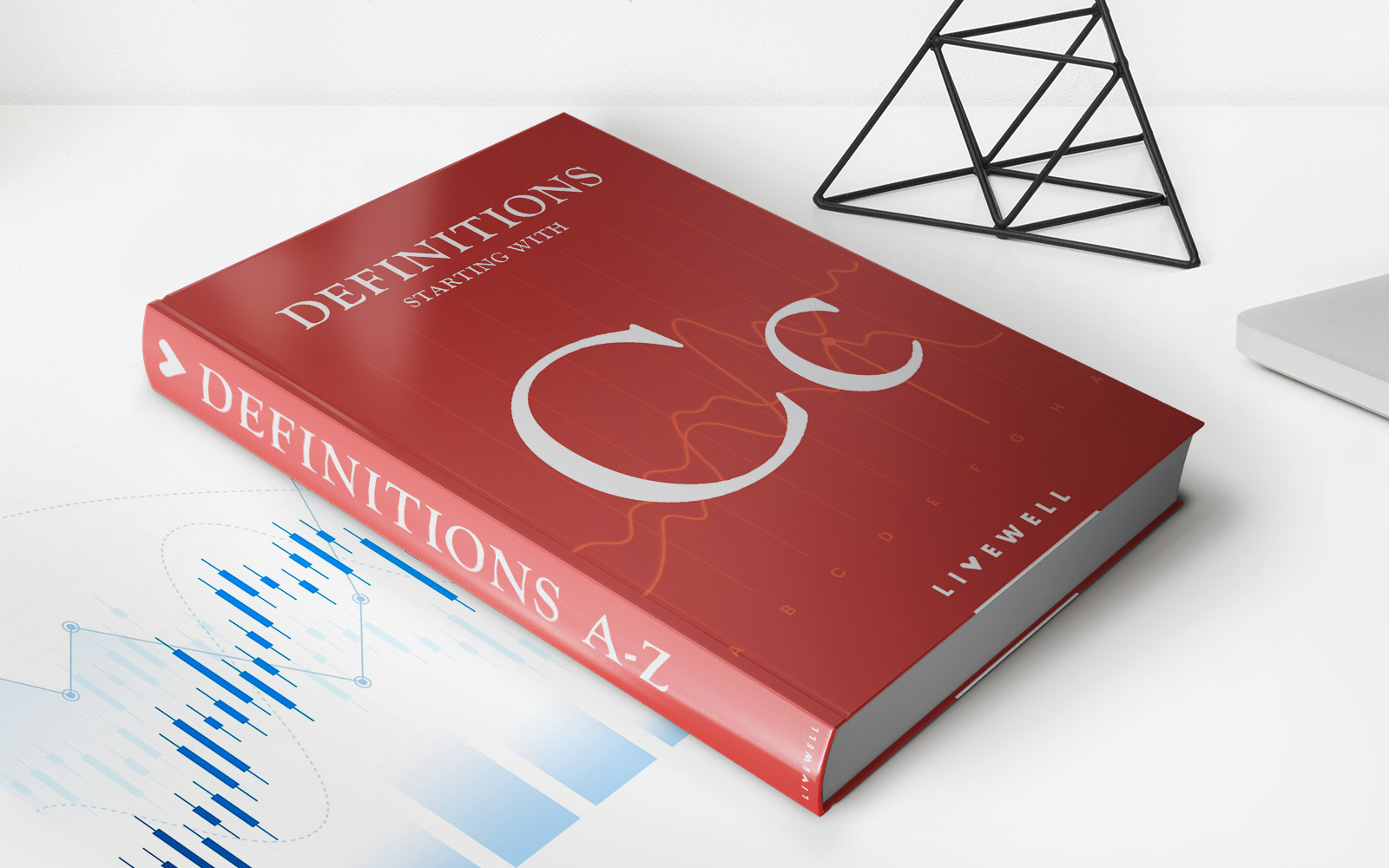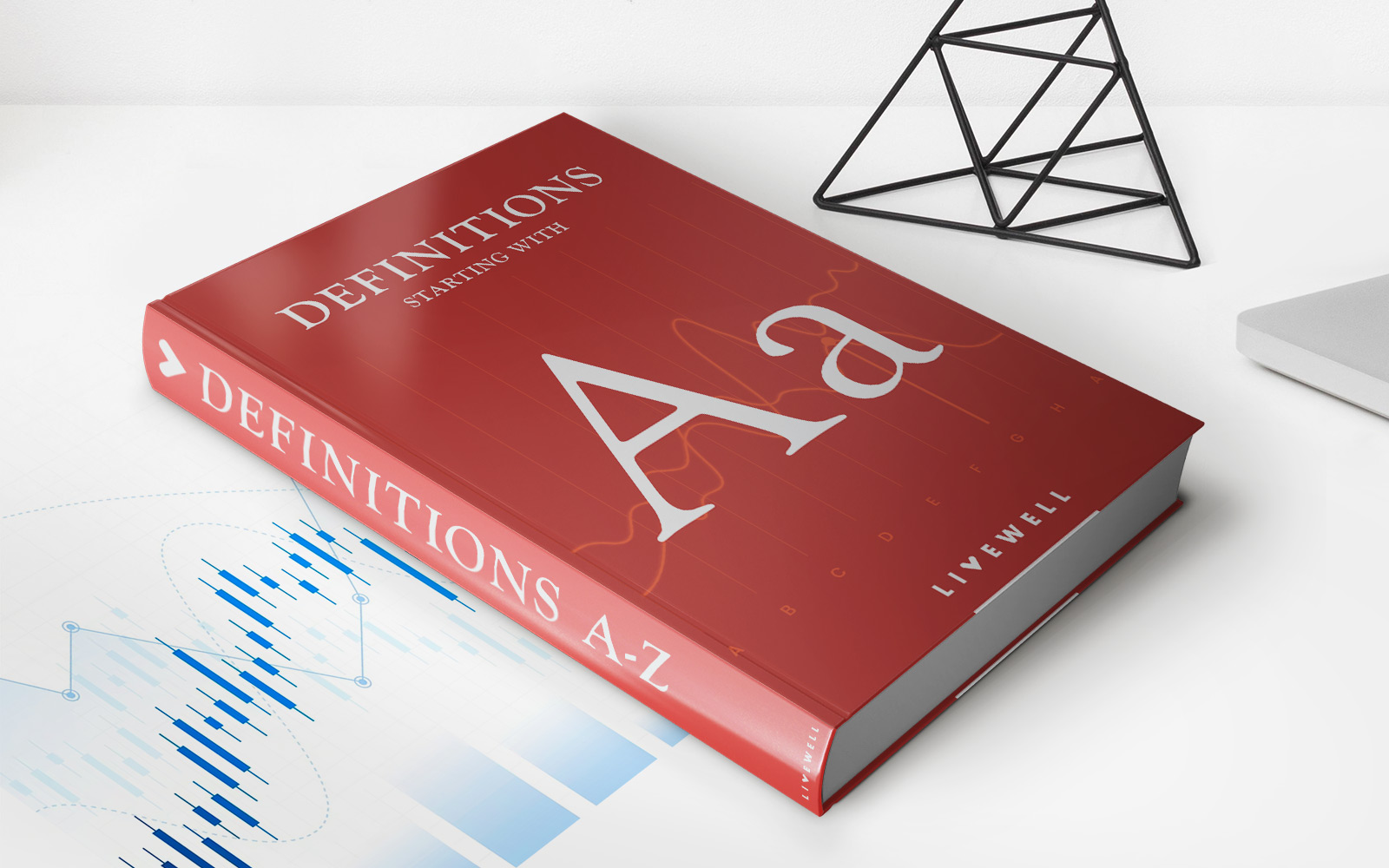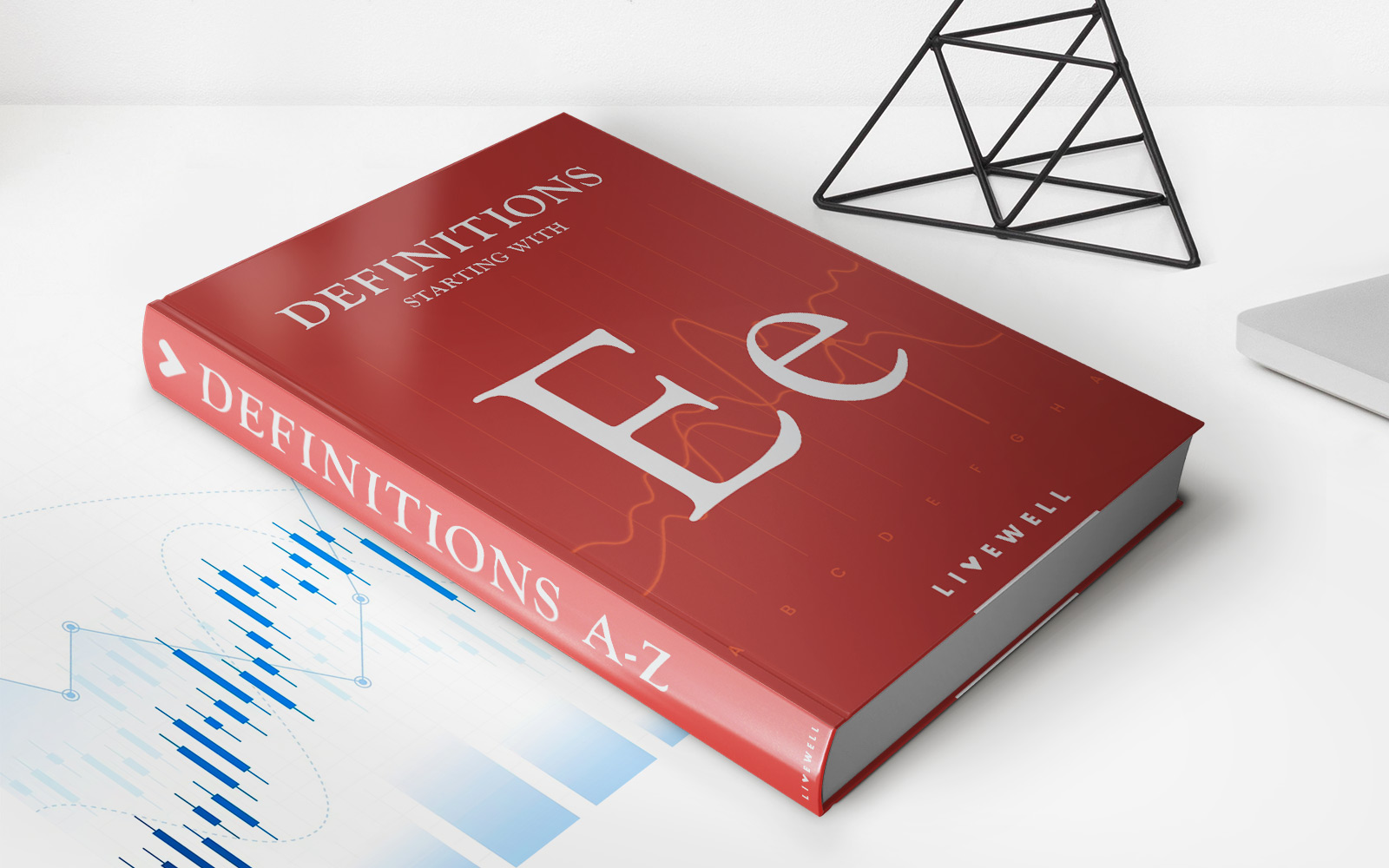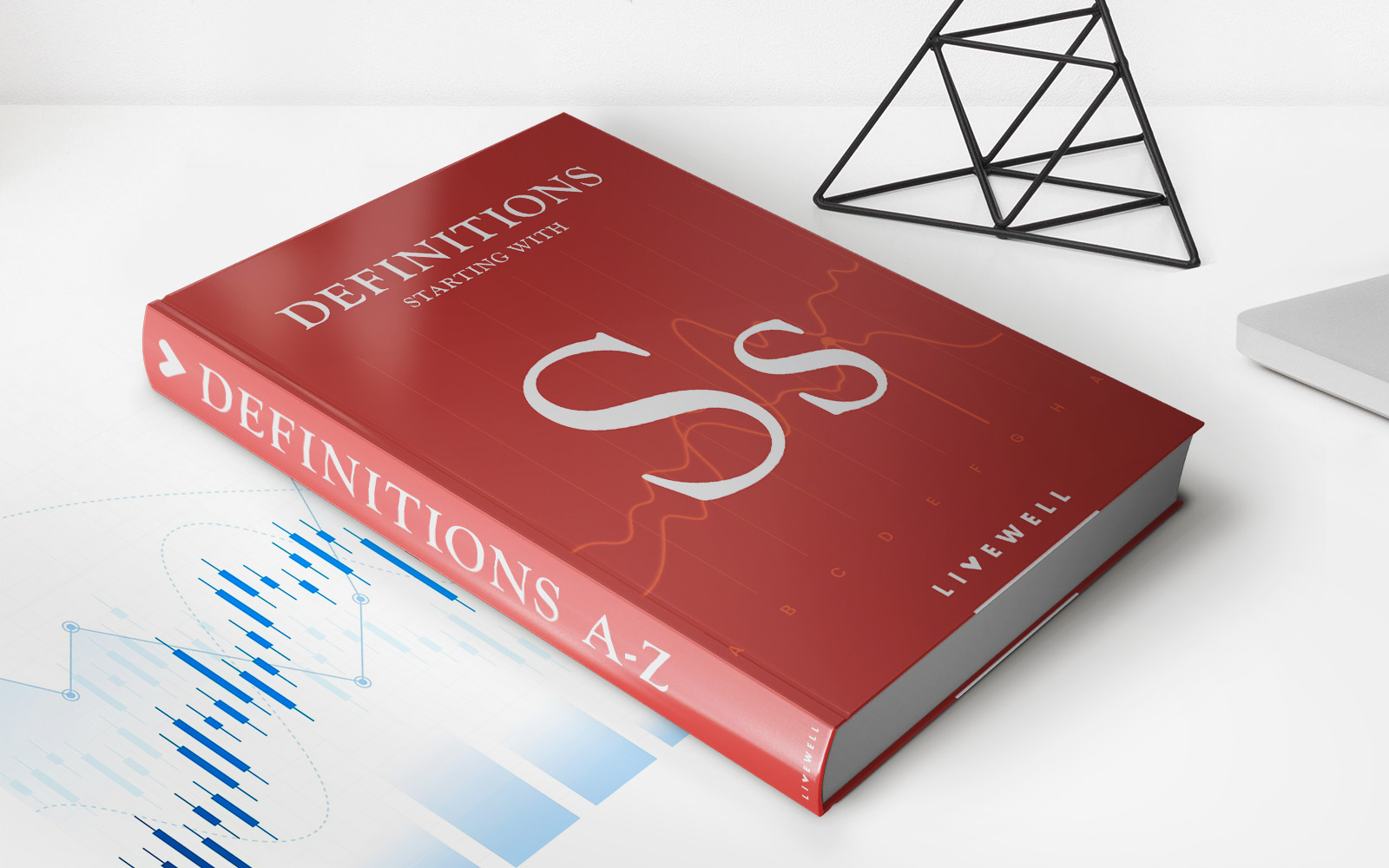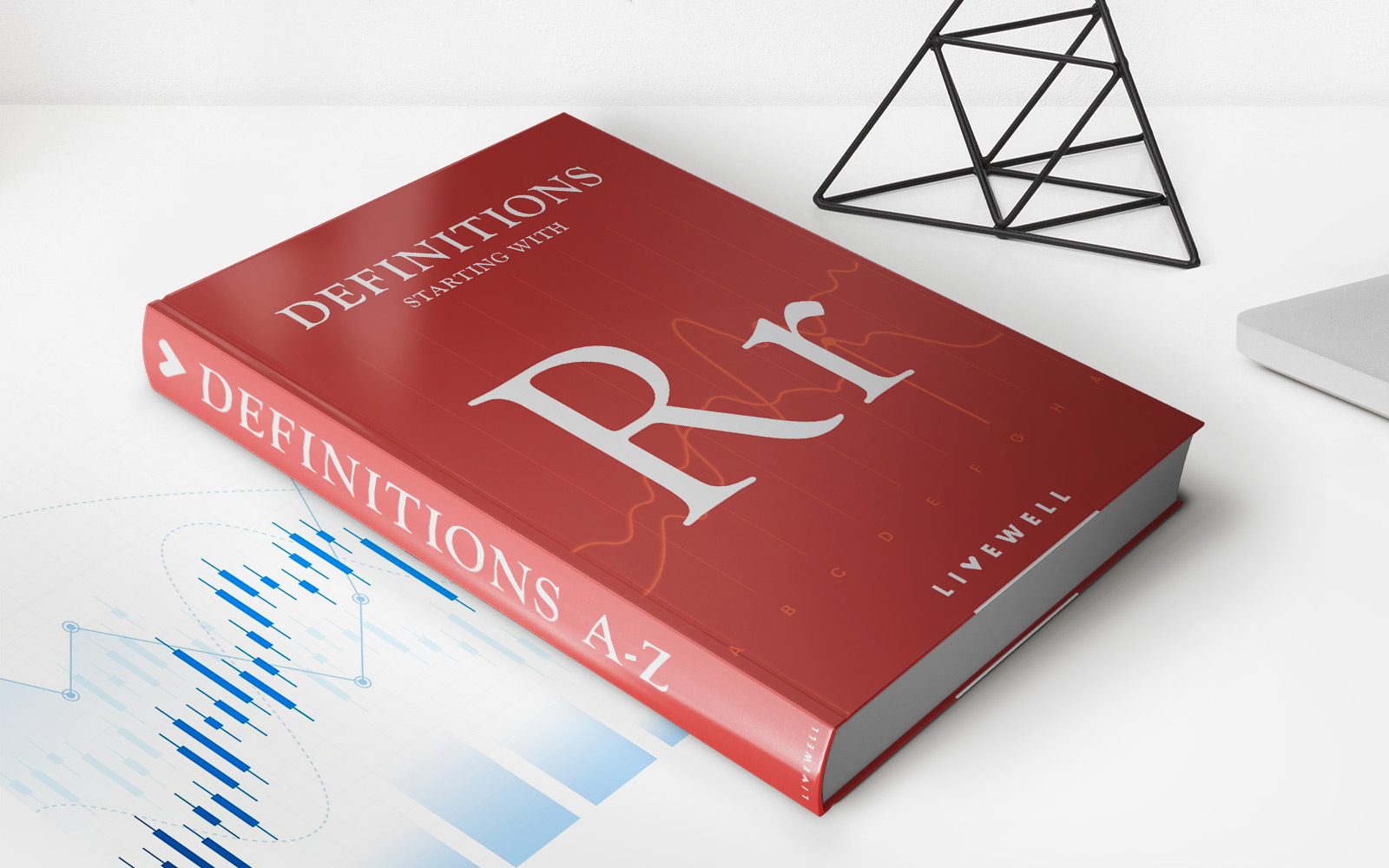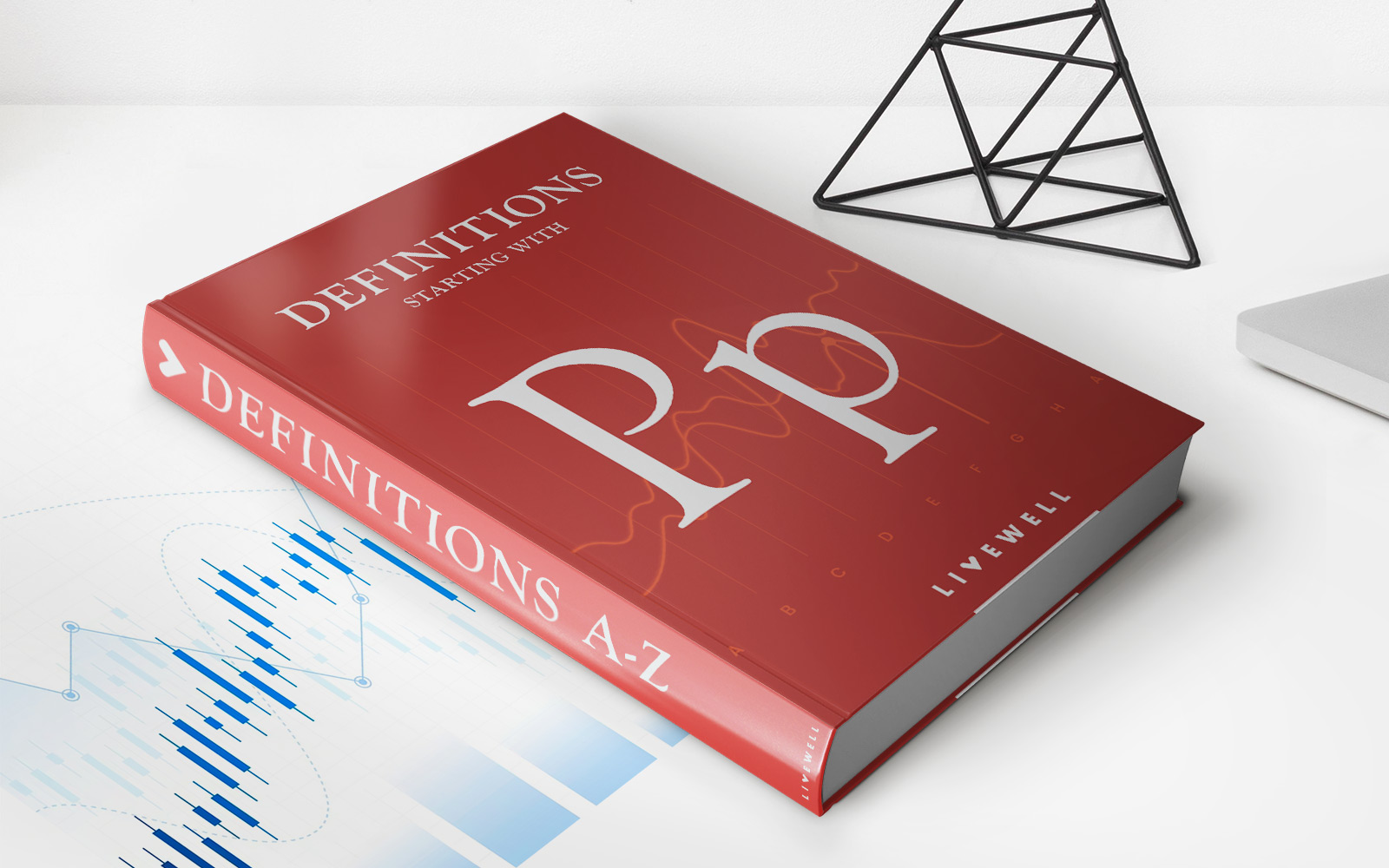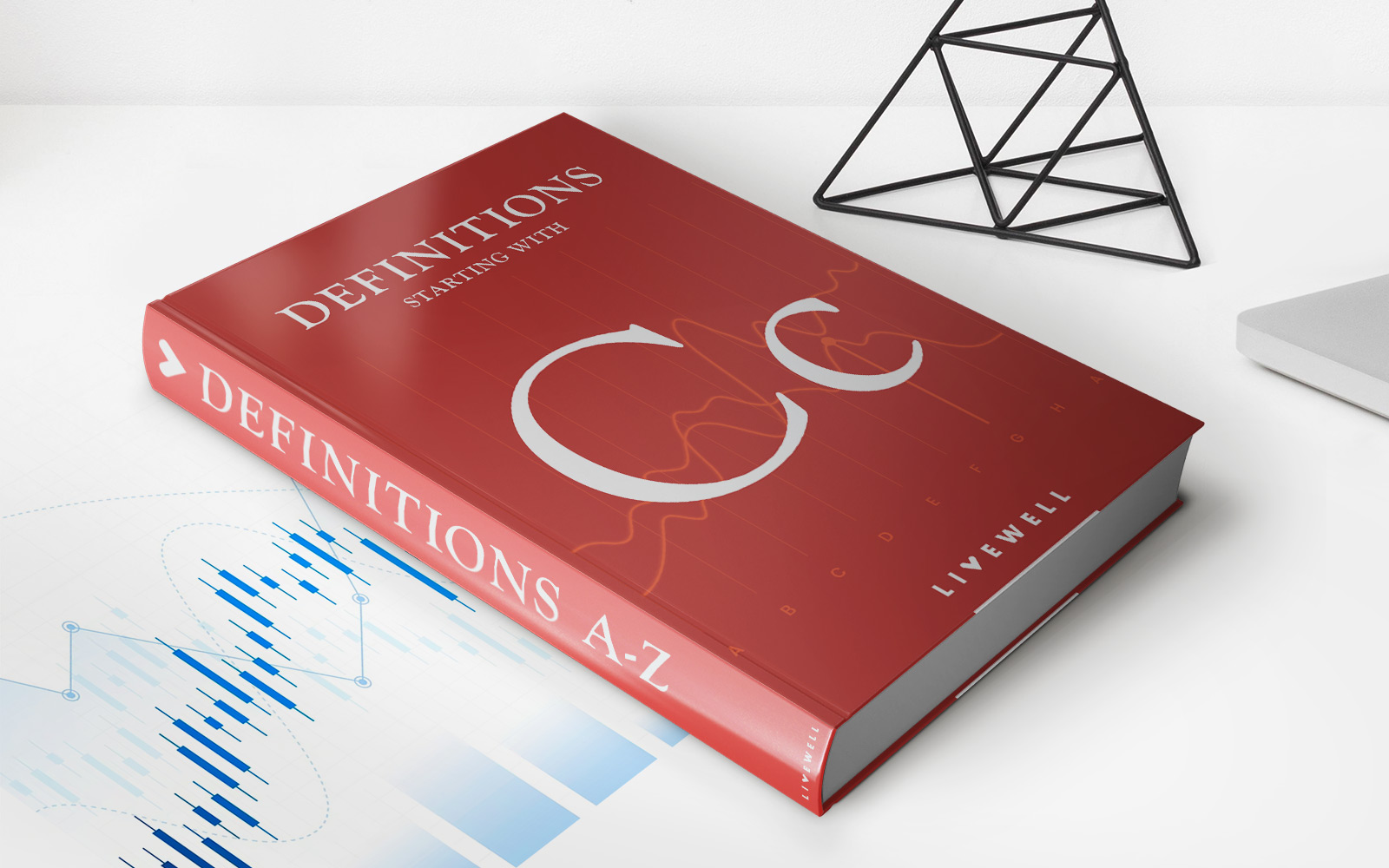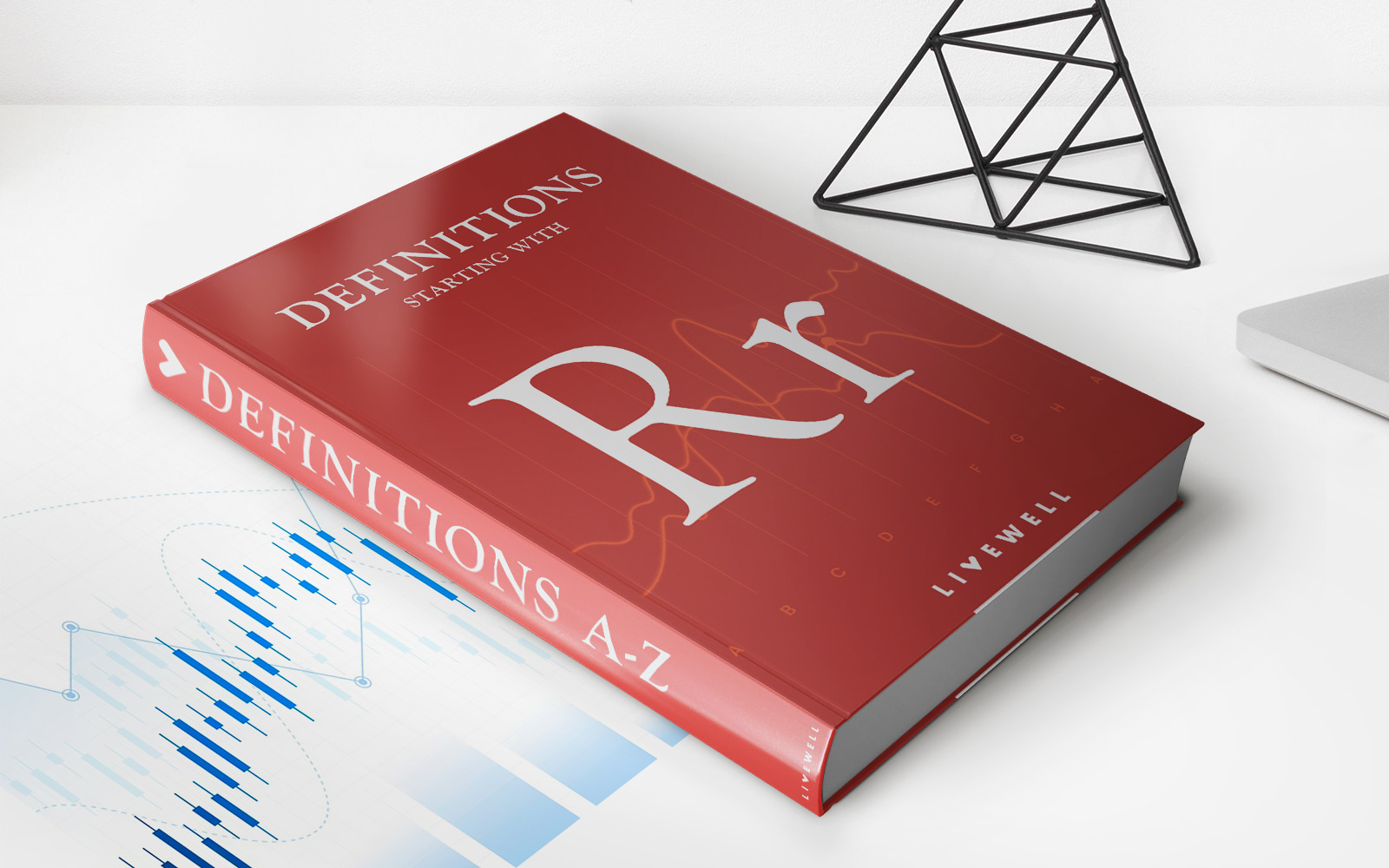Home>Finance>GmbH: Definition, Requirements, And Comparison To LLCs


Finance
GmbH: Definition, Requirements, And Comparison To LLCs
Published: December 1, 2023
Learn the definition, requirements, and benefits of GmbH, a popular business structure in Germany. Compare it to LLCs and explore its implications for finance.
(Many of the links in this article redirect to a specific reviewed product. Your purchase of these products through affiliate links helps to generate commission for LiveWell, at no extra cost. Learn more)
What is a GmbH?
If you’re an entrepreneur considering starting a business in Germany, you may have come across the acronym “GmbH”. So, what exactly is a GmbH? GmbH stands for “Gesellschaft mit beschränkter Haftung,” which translates to “company with limited liability” in English. In simple terms, a GmbH is a type of legal entity that can be formed in Germany, and it provides a limited liability structure for businesses.
Key Takeaways:
- A GmbH is a company with limited liability that can be formed in Germany.
- To establish a GmbH, a minimum capital of €25,000 is required, along with at least one shareholder and one director.
Requirements for GmbH Formation
Forming a GmbH in Germany involves a few key requirements. Here’s what you need to know:
- Minimum Capital: To establish a GmbH, you must have a minimum share capital of €25,000. This capital can be contributed in cash, assets, or both.
- Shareholders and Directors: A GmbH requires at least one shareholder and one director, and these roles can be held by both individuals and legal entities.
- Articles of Association: A GmbH must have articles of association, which outline the rules and regulations that govern the company’s operations. This document is generally prepared by a notary or lawyer.
- Registration: Once all the requirements are met, the GmbH must be registered with the local commercial register office.
GmbH vs. LLC: A Comparison
Now that we have an understanding of what a GmbH is, let’s compare it to a Limited Liability Company (LLC), which is a commonly known legal entity structure in other countries, particularly in the United States.
Here are some key points to consider when comparing GmbHs and LLCs:
- Legal Framework: GmbHs operate under the legal framework of the German Commercial Code (Handelsgesetzbuch), while LLCs are governed by the laws of the country they are formed in.
- Minimum Capital: GmbHs have a minimum share capital requirement, while LLCs do not typically have a minimum capital requirement.
- Liability Protection: Both GmbHs and LLCs provide limited liability protection, which means that the owners’ personal assets are generally not at risk in the event of company-related liabilities or debts.
- Taxation: The tax treatment of GmbHs and LLCs can vary depending on the country and its tax laws. It’s important to consult with tax professionals to understand the specific tax implications for each entity type.
While GmbHs and LLCs share some similarities, such as limited liability protection, there are also distinct differences, especially in terms of legal frameworks and capital requirements. The choice between a GmbH and an LLC largely depends on the specific needs and goals of the business.
In conclusion, a GmbH is a legal entity structure in Germany that offers limited liability protection for businesses. It has specific requirements for formation, including a minimum share capital. When comparing GmbHs to LLCs, it’s important to consider the legal framework, minimum capital requirements, liability protection, and tax implications. Ultimately, the best choice depends on the individual circumstances and preferences of the business owner.
